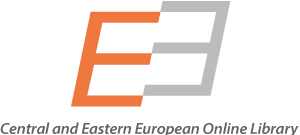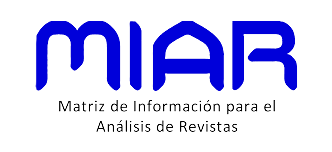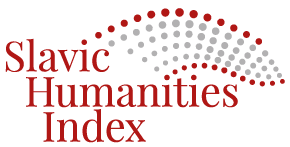Code of Ethics
Editorial Board of the Radovi Filozofskog fakulteta u Sarajevu journal receive previously unpublished scientific and professional papers. Pursuantto the Law on Copyright and Other Related Rights (BiH Official Gazette No63/2010), that is, the Statement on Originality of the Paper and Permission to Publish the Paper in Open Source, the author of the paper guarantees that the submitted paper is an original manuscript, that he/she does not breech copyright and that he/she respects the rules forciting sources and statements of others. At the same time, the author guarantees that the paper has not been published previously in another publication. Unpublished scientific and professional texts must go through a double-blind review. If the editor-in-chief and the editorial board decide that the paper received does not suit the editorial policy or that it breeches the code of ethics inany way, the editorial board retains the right to reject the paper prior to sending it to the review procedure. The authors of the papers maintain the authorship rights for publishing papers and they agree that the Radovi journal publishes the paper in printand electronically. The published papers may be used for free for educational and non-commercial purposes.








